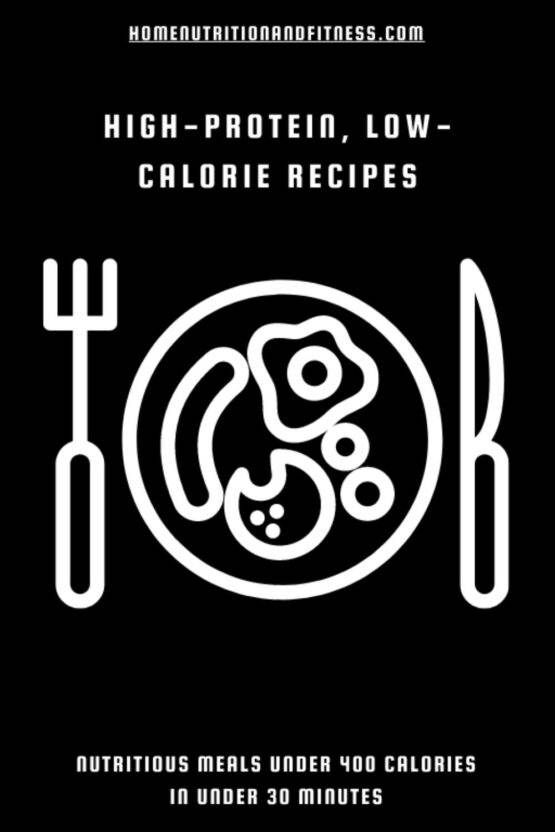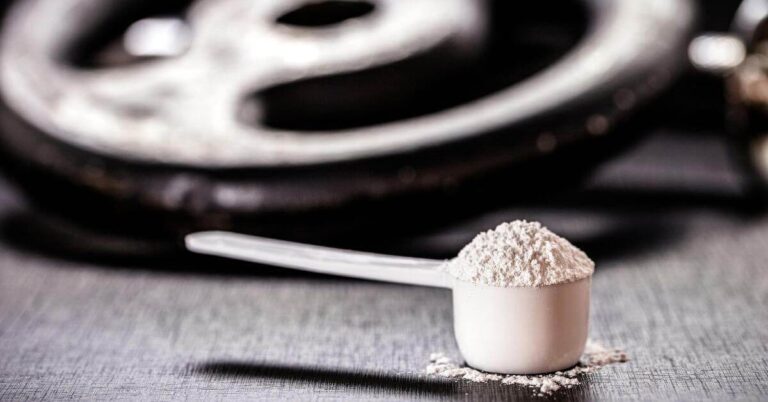Human growth hormone (HGH or GH) is a hormone produced by the pituitary gland. It plays a crucial role in children’s growth and development. As we age, HGH levels decrease, leading to signs of aging.
HGH is essential for muscle and bone growth and helps convert fat into energy. It contributes to youthfulness, energy, and vitality. The amount of HGH in our bodies can be determined by measuring Insulin Growth Factor (IGF-1).
Our bodies have a genetic limit to how much HGH they can produce over a lifetime. However, there are natural ways to stimulate the pituitary gland to release more growth hormone.
1. Get Enough Sleep and Rest
Most of the growth hormone is released during deep sleep.
Quality sleep is crucial for growth hormone production. 7 to 9 hours are recommended for optimal release.
While the timing of sleep matters less, nighttime sleep is beneficial due to higher melatonin levels.

To improve your sleep quality, consider reducing the room temperature at night.
Avoid consuming soda, caffeine, or excessive amounts of water before bedtime.
If you struggle with insomnia, exploring options like aromatherapy, massage, or sound therapy could be beneficial.
2. Reduce Body Fat
The amount of body fat you carry can impact your HGH production.
Higher body fat levels, especially around the belly, can hinder HGH production and increase disease risks.

Studies suggest that excess fat has a greater effect on men’s HGH levels compared to women’s.
However, both genders benefit from reducing body weight. Losing belly fat is particularly crucial, as it is linked to various health issues.
By reducing belly fat, you can optimize HGH levels and improve overall health.
3. Avoid Eating Right Before Bed
Nutrition experts recommend avoiding heavy meals close to bedtime for various reasons.
Eating late can increase the risk of obesity, affect digestion and insulin response, and reduce the secretion of HGH.
Studies have shown that high insulin levels can decrease the release of HGH in the body.
4. Incorporate Intermittent Fasting
Elevated insulin levels can hinder Human Growth Hormone production.
Intermittent fasting is popular for its ability to regulate blood sugar, aid digestion, and boost HGH release.
Fasting for 10 to 18 hours a day, three times weekly, is generally recommended for optimal health benefits and increased HGH secretion.
5. Be Clever About Your Exercise

Engaging in intense physical training can boost your HGH levels.
Aim for short and intense training sessions lasting 45-60 minutes or less.
Prolonged workouts exceeding 90 minutes may decrease testosterone and HGH levels due to elevated cortisol, the stress hormone.
Some researchers suggest that even intense cardio activities can elevate HGH levels, with basketball players cited as an example.
6. Support Your Liver’s Health
The liver plays a crucial role in eliminating bodily waste.
Poor dietary choices can harm the liver’s health, affecting its optimal function without showing immediate symptoms.
To maximize HGH benefits, it’s essential to cleanse the liver by reducing toxic processed foods, alcohol, and exogenous drugs from your diet.
Studies indicate that the liver processes all HGH released by the pituitary gland to create growth factors like IGF-1, vital for anti-aging benefits and protein synthesis.
7. Manage Stress Levels
To naturally boost your HGH levels, reducing stress and maintaining a positive attitude are key.
Engage in activities that bring joy, such as watching movies or socializing with friends.
Studies show that laughter, like from watching a comedy film, can significantly increase HGH levels by up to 88%, as it helps lower cortisol, the stress hormone.
8. Maintain a Good Diet

A diet that supports the production of HGH includes foods rich in protein like eggs, cheese, and lean meats, along with low-glycemic carbohydrates such as vegetables and fruits, and healthy fats like olive oil and nuts.
It’s recommended to limit starchy and high-glycemic carbs as these can impact your testosterone and HGH levels. To optimize protein intake, aim to consume most of your protein roughly 2 hours before and after your workout.
9. Incorporate Nutritional Supplements
Taking supplements like BCAAs (Branch Chained Amino Acids) is a known method to boost HGH levels.
Certain amino acids, such as L-Arginine, L-Glutamine, and L-Lysine, have also shown an ability to elevate HGH levels.
Meanwhile, Glycine, L-Tyrosine, and Gamma-aminobutyric acid (GABA) can do the same.







